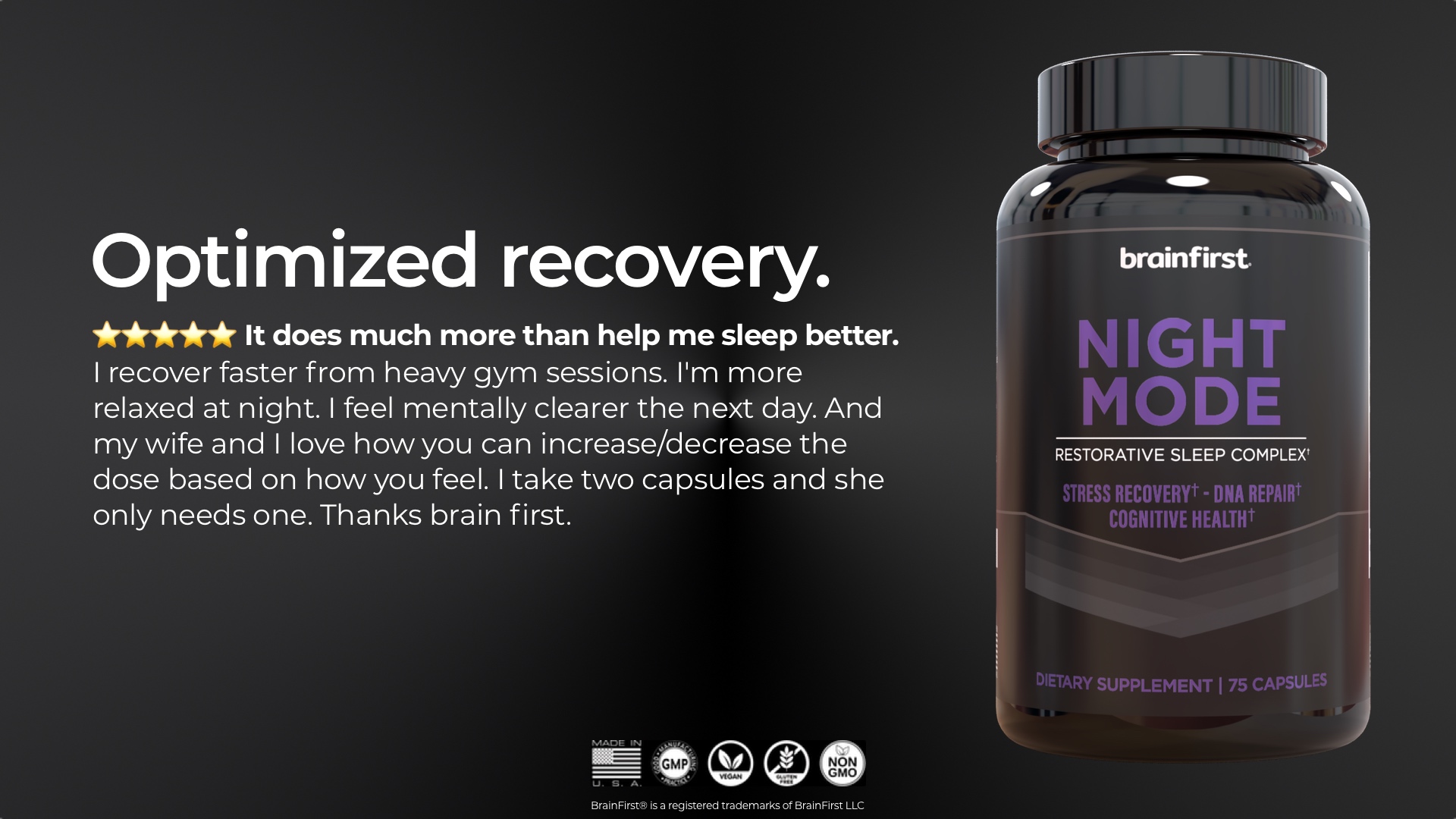Apigenin (Apium graveolens)

![]()
Apigenin is a natural flavonoid compound commonly found in plants such as chamomile, parsley, celery, and thyme. It has been studied for its potential health benefits, including its effects on sleep, relaxation, and anxiety.
Sleep Benefits
Apigenin has been shown to have sedative properties and may improve sleep quality. In a randomized, double-blind, placebo-controlled study of 34 healthy adults, apigenin supplementation (500 mg/day for 2 weeks) improved sleep quality, reduced sleep latency, and increased total sleep time compared to placebo (1).
Relaxation Benefits
Apigenin has been shown to have anxiolytic effects and may promote relaxation. In a randomized, double-blind, placebo-controlled study of 80 patients with anxiety disorder, apigenin supplementation (1-2 mg/day for 4 weeks) significantly reduced anxiety symptoms compared to placebo (2).
Health Benefits
Apigenin has also been studied for its potential health benefits, including its anti-inflammatory and anti-cancer properties. In a systematic review and meta-analysis of 22 studies, apigenin was found to have anti-inflammatory effects by reducing the production of pro-inflammatory cytokines (3). Additionally, in vitro and in vivo studies have demonstrated that apigenin can inhibit cancer cell growth and induce apoptosis (4).






